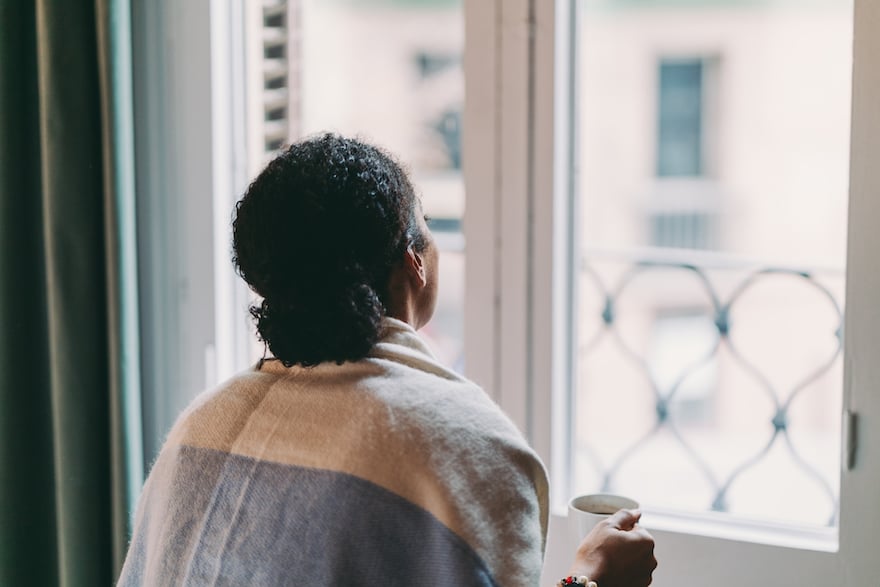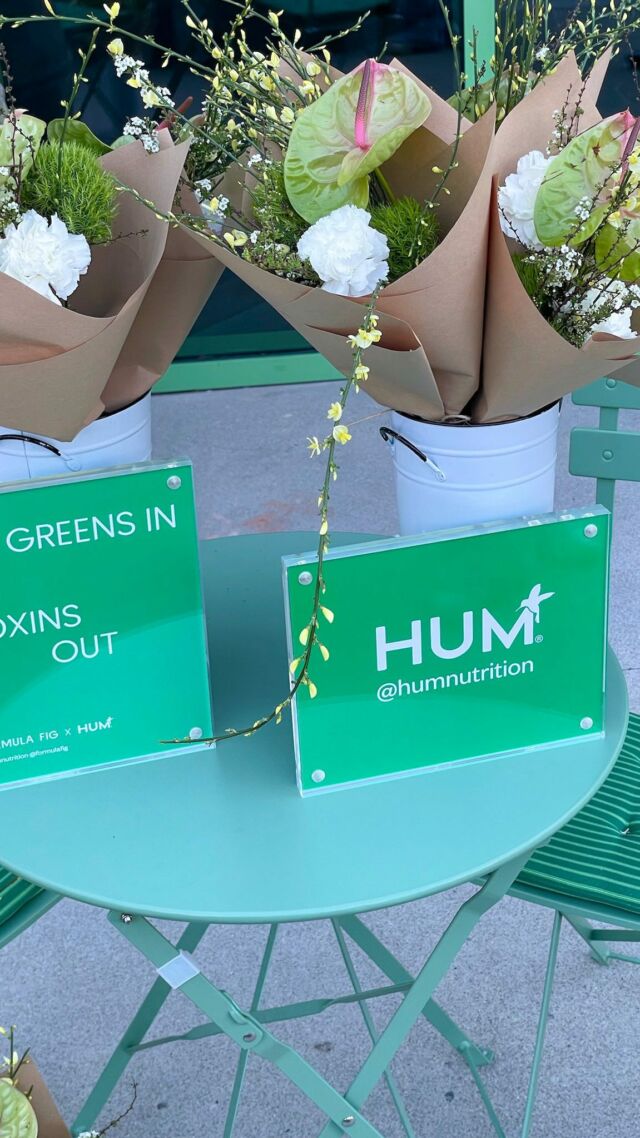If you’re wondering how to cope with loneliness, rest assured that, truly, you are not alone in these feelings. In fact, thousands of others are dealing with loneliness and searching for answers, just like yourself. Here’s what experts recommend.
Loneliness is a pervasive condition: A 2020 report from the National Academies of Sciences, Engineering, and Medicine (NASEM) found that more than one-third of adults aged 45 and older feel lonely. A 2018 article in The Lancet stated that the problem of loneliness was growing—and that was before the global pandemic that forced isolation and changed the way we live and work. A more recent study released in 2022 has confirmed that the COVID pandemic has, in fact, increased loneliness by about five percent—which researchers are concerned about given that loneliness could impact people’s long-term mental and physical health, longevity, and well-being.
You’ve probably heard about seasonal affective disorder during winter, but did you know the spring sads exist too? Several studies reveal that the spring blues are real. Although it might sound counterintuitive, levels of perceived loneliness tend to spike in spring and summer.
Suffice it to say that if you’ve been feeling lonely, you are definitely not alone. Read on to find out more about why you might feel a bit more blue come spring, strategies for dealing with loneliness, and expert advice to feel more connected if you’re lingering on the lonely side.
What Is Loneliness, Exactly?

“Loneliness is the perceived gap between what we want—or feel we are ‘supposed to’ have—in social relationships, and the actual number of connections we have or encounter,” explains Yancey Grimes, LPC, LCDC, executive director at Connections Wellness Group in Southlake, Texas. “It is interlinked with the concepts of isolation and disconnection and can be experienced even when we’re surrounded by people we know and care about.”
Loneliness alone is not a clinical medical diagnosis. Instead, loneliness is a characteristic of depression and, if associated with other feelings and neurochemical imbalance, can be a sign of depression, adds Reena B. Patel, a positive psychologist and licensed educational board-certified behavior analyst in San Diego.
“Feeling lonely is a personal description depending on what connection is missing,” Patel says. “Loneliness is not the same as being alone. It is when your social needs are not met with positive reinforcement in the form of social exchange.”
So it’s up to our own interpretation of when the shades of “the blues” related to loneliness get too dark and turn into a diagnosable mental health condition. Anxiety, depression, substance use disorder (AKA addiction), post-traumatic stress disorder and more have all been linked to extreme loneliness, Grimes says. And it can be a chicken-and-egg scenario: Loneliness can lead to one of these mental health challenges, or one of the conditions can increase feelings of loneliness. Either way, this manifests in becoming physically withdrawn from people and feeling disconnected, discouraged, and isolated.
“Two of the most common words that are associated with the state-of-being known as ‘the blues’ are melancholy and sadness,” Grimes says. “These terms are often closely correlated with clinical depression. Major Depressive Disorder, or clinical depression, is a diagnosable mental health condition in which five or more of the following symptoms have been present during the same two-week period and represent a change from previous functioning.”
- Depressed mood most of the day, nearly every day
- Markedly diminished interest or pleasure in most or all activities you used to enjoy
- Significant weight loss or weight gain or large changes in appetite
- Difficulty sleeping or sleeping far more than usual
- Fatigue or loss of energy
- Feelings of worthlessness or excessive guilt
- Diminished ability to think or concentrate or make decisions
- Thoughts of death or considering plans for suicide
(Before we go any further, if you or a loved one is considering self-harm or suicide, contact the National Suicide Prevention Lifeline at 1-800-273-8255 for 24/7, free, confidential support.)
“When one feels ‘the blues,’ it’s another term for sadness usually caused by everyday stressors, and it passes over time. Depression is a clinical diagnosis that parents with a neurochemical imbalance and sadness is only one characteristic of symptom,” Patel clarifies.
Clinical depression can be a single episode for some, Grimes says, however for others, it can create recurrent episodes of depression throughout their lifespan. The causes are varied, but are often the result of a chemical imbalance in three neurotransmitters that are closely associated with depression:
- Norepinephrine, which is part of the “fight or flight” response
- Serotonin, which helps regulate mood
- Dopamine, a “feel good” chemical
Why Loneliness Might Bloom During Spring
Seasonal depression is a form of depression, Patel explains. It happens when certain hormones in the brain trigger attitude-related changes at certain times of the year.
The most frequently-discussed form is Seasonal Affective Disorder (SAD), also known as “winter depression,” Grimes says. This is connected to the lack of sunlight a person gets in the winter months, particularly from the further geographically a person lives or is located. Sun is a natural serotonin-booster, so less sunshine leads to less mood-boosting serotonin, hence the ho-hum feelings.
But this change in mood isn’t limited to the wintertime. “A person can also feel disconnection and loneliness during the spring and summer months,” Grimes says, citing the following research-backed potential reasons:
- We’re exhausted after the rush of the holiday season and in an attempt to recover, we become more withdrawn
- We take time off from work for spring breaks or other vacations, which can lead to less connection with our security and the people that are constants in our lives
- As the days get warmer, many people spend less time outside (especially the further south they live where temps may be inching ever more scorching), which can lead to the same issues as winter seasonal affective disorder
Or it could be a matter of seeing others enjoying life—soaking up the sun, dancing at outdoor concerts, at sporting events, attending weddings, pool parties, and beyond—is more visible to those with fewer current social connections. At this point, it’s more than the fear of missing out (FOMO); it’s actually missing out.
5 Strategies for How to Deal with Loneliness

Loneliness is more than just a passing fad. Research proves that it has wide-ranging, long-term impacts on overall mental and physical health. According to a 2010 PLOS Medicine meta-analysis of 148 studies, feeling disconnected socially is worse for our overall health than obesity, pollution, and alcoholism.
If you’re dealing with loneliness, there are ways to cope. Consider these expert-recommended ways to combat loneliness:
1. Assess Your Current Social Schedule—And Then Adjust Accordingly
First, press rewind. Think back to times in the past when you’ve felt socially connected. Were you catching up with your gym friends after your group fitness class? Did you share lunch with work colleagues? Or catch dinner and a movie with friends? “Ask yourself if these things are happening, plus how often,” Patel says. “Would you feel better if you created more time in your schedule to make space for these activities?” (Spoiler: The answer is yes, as social interaction is an extremely important factor in good health and longevity, according to research. Plot out slots on your calendar in the next month, then text or call a friend to make a date, or use that time to make new friends by joining a club or philanthropic organization.
2. Unplug From Social Media
Even though we might feel well-informed about the lives of all of our Facebook, Instagram, and TikTok “friends,” tech connects don’t help bridge the loneliness gap. Studies suggest that 73 percent of heavy social media users, or those who scroll for four or more hours per day, feel lonely. (Compare this to 52 percent of light users who feel the same.) Track your baseline usage for three days, then subtract 30 minutes from that tally and set usage limits on your social media apps accordingly. After one week, try subtracting another 30 minutes. During this second week, keep a journal to take note of the positive ways you’ve used this extra hour for adventures IRL.
3. Seek Help From a Professional If Necessary
If you feel like those clinical depression symptoms above are overwhelming your days, ask your general practitioner and get a referral to a mental health professional, if you don’t have one as part of your care team already. Then, be honest about your symptoms so the expert can determine best path forward for your specific needs. “Medications to help regulate the aforementioned brain chemicals—combined with therapy that focuses on the biological, psychological, social and spiritual aspects of the human experience—can be a real game-changer for many people,” Grimes says.
4. Take Care of Your Body’s Basic Needs
Biologically, we need adequate amounts of sleep, exercise, and proper nutrients to aid in our sense of overall well-being, Grimes says. Make sure that any escalated social goals are realistic and attainable in relation to your physiological needs, including seven to nine hours of sleep, a well-balanced diet, and adequate physical activity. (PS: Here’s how often you should exercise).
Word to the wise: Scientists have found that sleep loss can actually cause loneliness, so make sure you’re getting enough rest. Having trouble? Speak to a doctor about possible remedies, or try to incorporate a melatonin supplement to help support your sleep cycle (like HUM Nutrition’s Beauty ZZZZ).
5. Identify Things That Give You Purpose
“Humans have an innate drive to find meaning, purpose, and connection. More often than not, a person’s sense of loneliness can be tied to their struggle with finding meaning in life,” Grimes says. For this reason, she often works with clients to pinpoint their individual “whys”—what lights you up and helps you feel like you’re making a difference? “This can really be a place for discovery, as well as a path to their sense of purpose and connection. There are also so many opportunities for a human to find belonging through what matters to you,” Grimes says.









